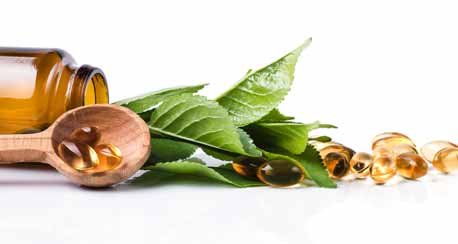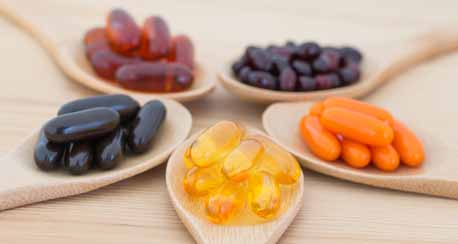Phosphatidylserine is an ingredient you may have seen in no tropics and discussed in biohacking communities as a brain-boosting supplement. Promises of improved memory and impeccable cognitive processing are great but we must warn you that supplements even foods are not always what they’re cracked up to be in absolute terms. They have to be viewed in light of your constitution, dietary habits, vices like tobacco and alcohol, medications taken and other supplements. Even arduous exercise plays a role in the absorption and assimilation of what you swallow. This is why as a dietician, clinical nutritionists, and integrative physicians. Even arsenic is all-natural.
What is Phosphatidylserine?

PS is a phospholipid and a component of the cell membrane. PS is used to address concerns with memory, dementia, age-related mental decline, cognitive defects, ADD/ADHD and depression. Originally, PS was extracted from cow brain tissue, but the scare of bovine spongiform encephalopathy put an end to that. Current manufacture uses cabbage or soybeans, which have identicalchemistry to the brain.
The brain lipids from which PS was first isolated are called cephalins, substances found in nerve tissue and the brain and spinal cord. Phosphatidylserine and phosphatidylethanolamine are the primary cephalins components of the inner cell membrane, supported on the opposite side by phosphatidylcholine. When needed, PS can be made by exchanging the ethanolamine head of PE with L-serine, the ubiquitous non-essential amino acid important to the biosynthesis of purines and pyrimidine’s that comprise DNA.
What Does Phosphatidylserine Do In The Body?
The most abundant phospholipid in the human brain phosphatidylserine is vital to the maintenance of the cell’s internal environment, where it also participates in signal transduction, cell-to-cell communication and cell growth regulation. Most PS is supplied by the diet, so the energy needed to tap into PE as a reservoir is conserved. Organ meats are a strong source of dietary PS, but muscle meats, eggs, white beans and soy-based proteins offer a decent supply. PS is important to blood coagulation, where it enhances the activation of prothrombin to thrombin, which is the key molecule in the clotting process.
Is Supplement Phosphatidylserine Good?
As strange as it may seem, cell death occurs for our good. This activity is programmed into every cell of the body and is called apoptosis. The process can destroy cells that may harm us, such as those mutated by disease, by the environment, or by other factors. Tumors form by suppressing apoptosis, making mutated cells immortal and dangerous. On the other hand, apoptosis that gets carried away may contribute to degenerative diseases like

Alzheimer’s is known as the massive destruction of lymphocytes in AIDS. Maintaining equilibrium between cell proliferation and cell death in the body is important. With apoptosis, there is cell shrinkage and fragmentation, followed by phagocytosis engulfment by a scavenger cell. This deliberation allows content to be recycled. PS plays a major role in apoptosis when its distribution on the cell’s inner leaflet is disrupted by enzymes that move it to the outer layer, thereby signaling the imminent death of the cell and calling for the joint activity of phagocytes to digest the cell Following the transfer of PS to the outer membrane, particular receptors on the surface of macrophages and related scavenger cells start the removal of the apoptotic cell. To know more about the Difference between phosphatidylcholine and phosphatidylserine, click this website. Now, you can better know about the use of both the chemicals for health issues or even check the dosages.